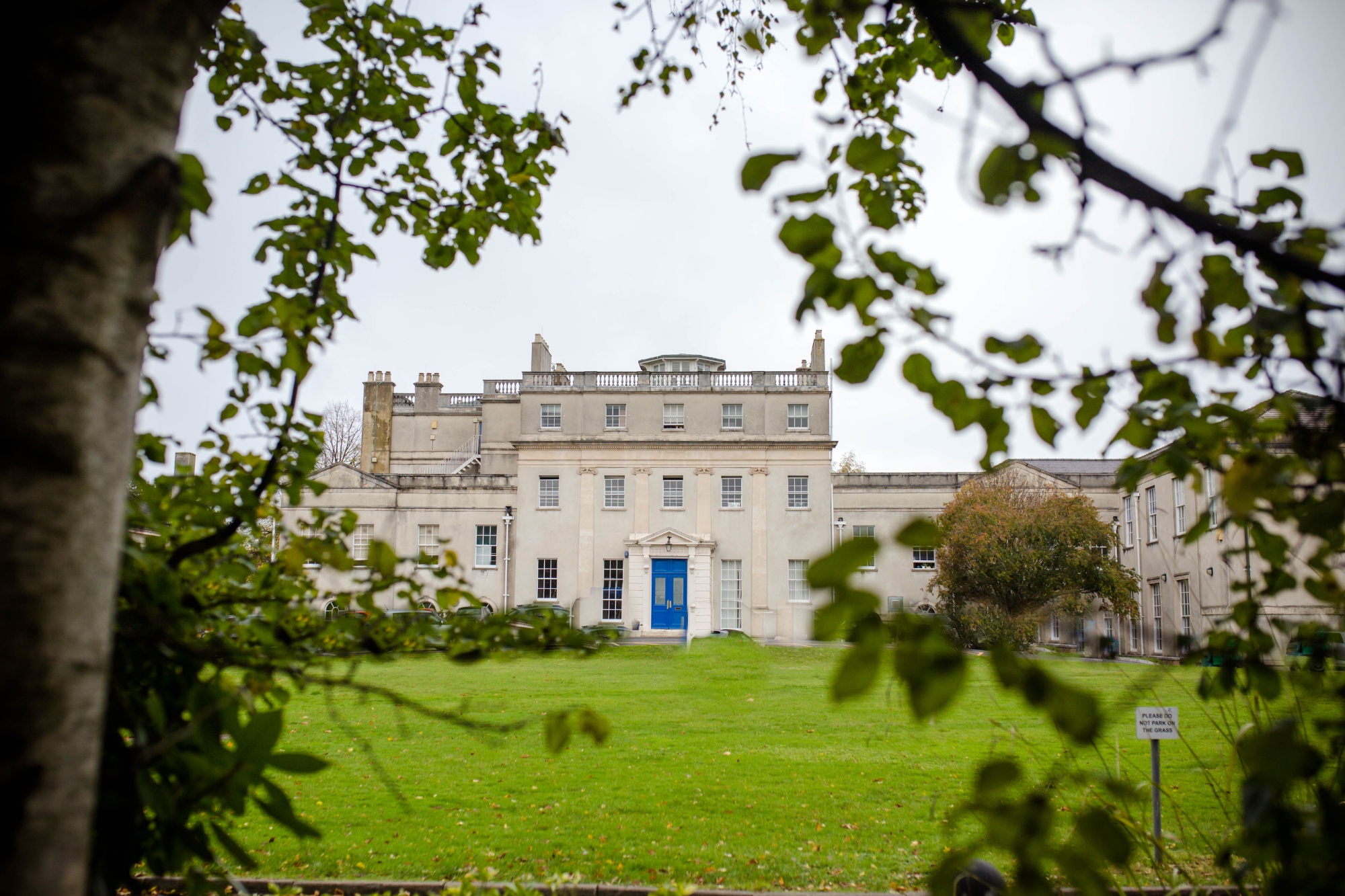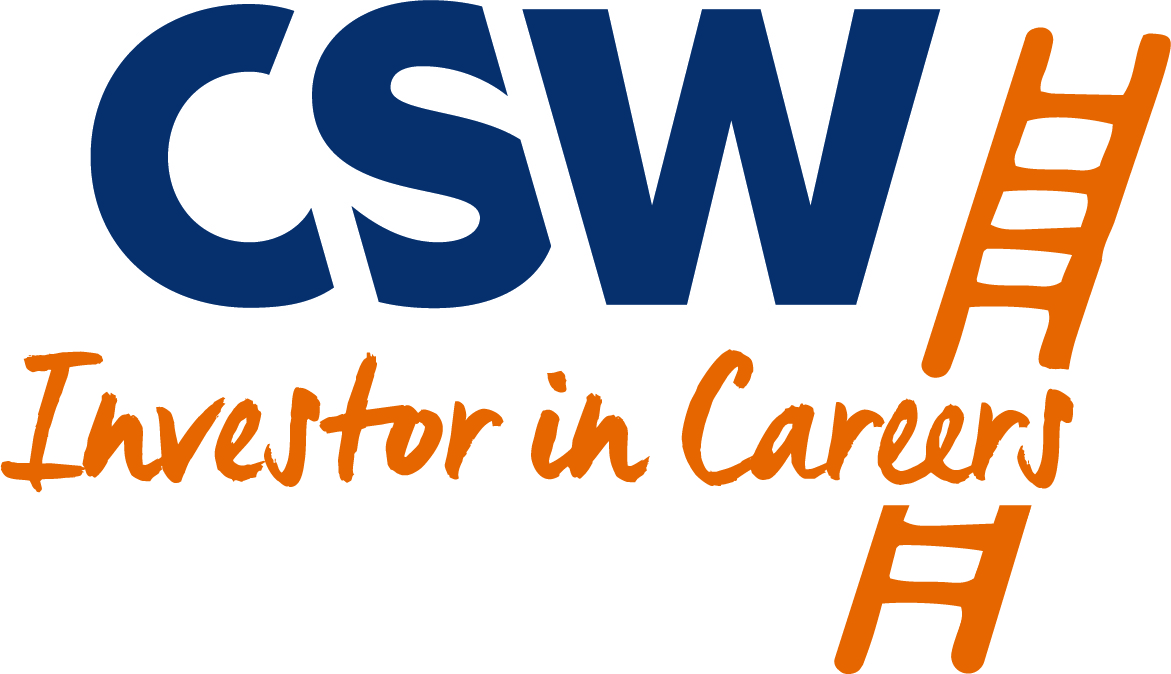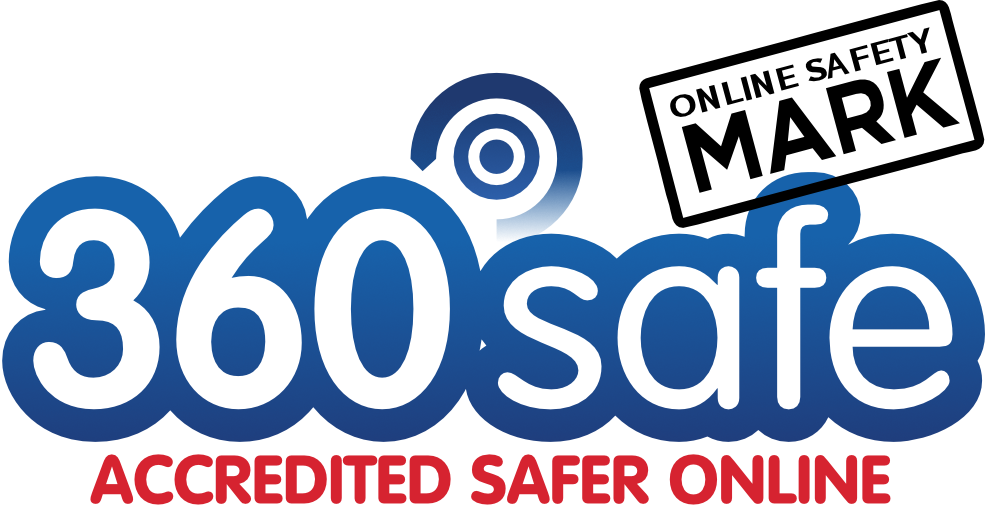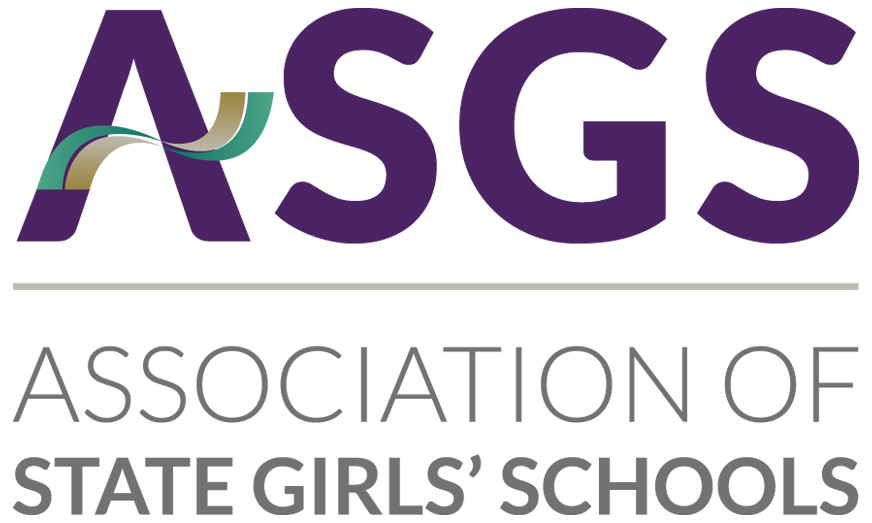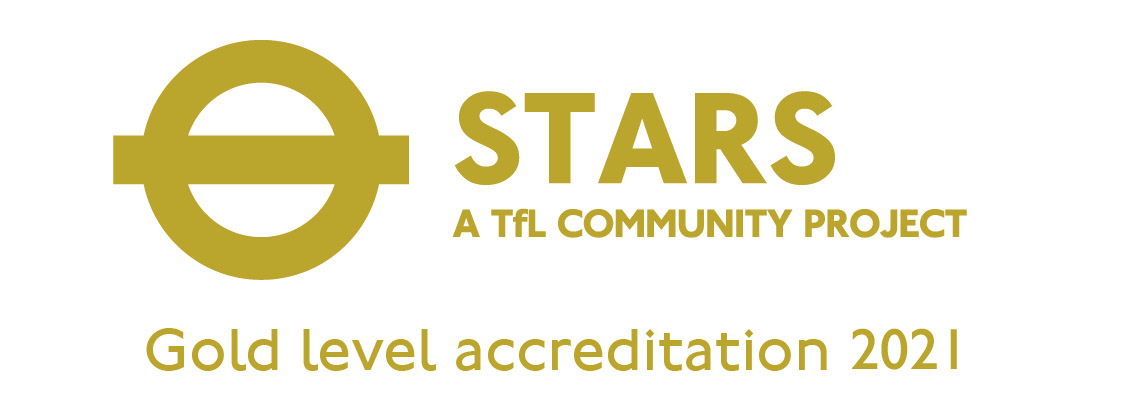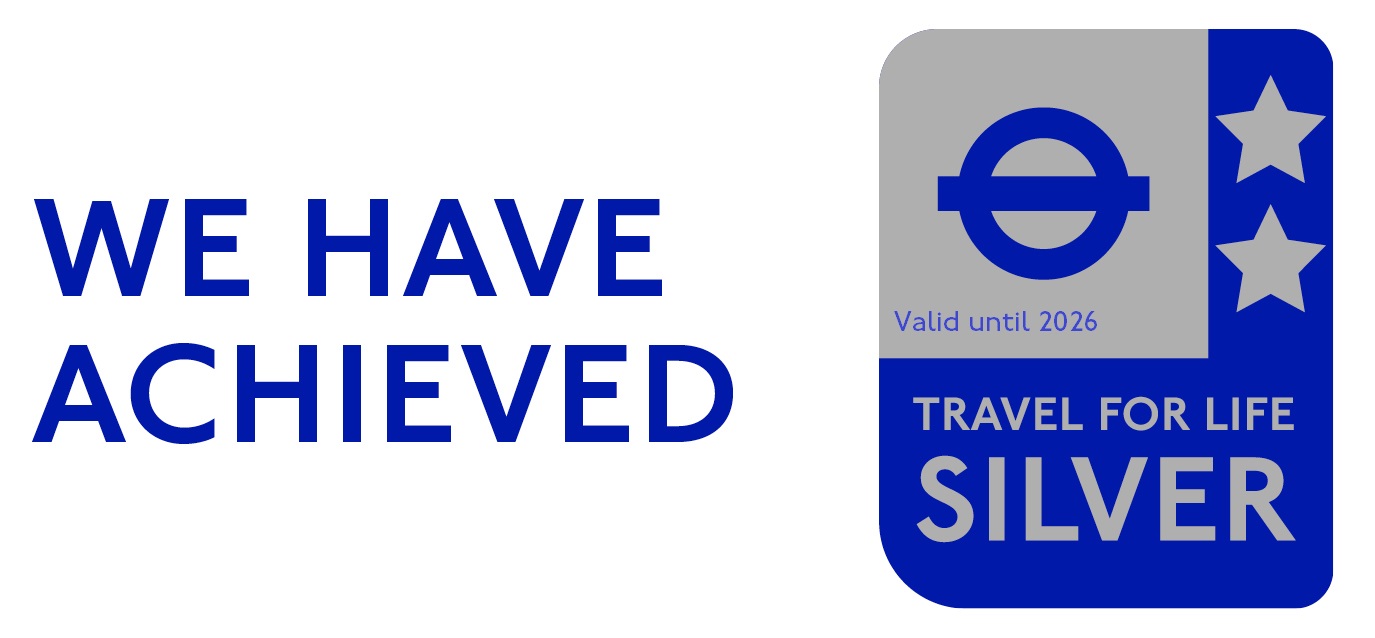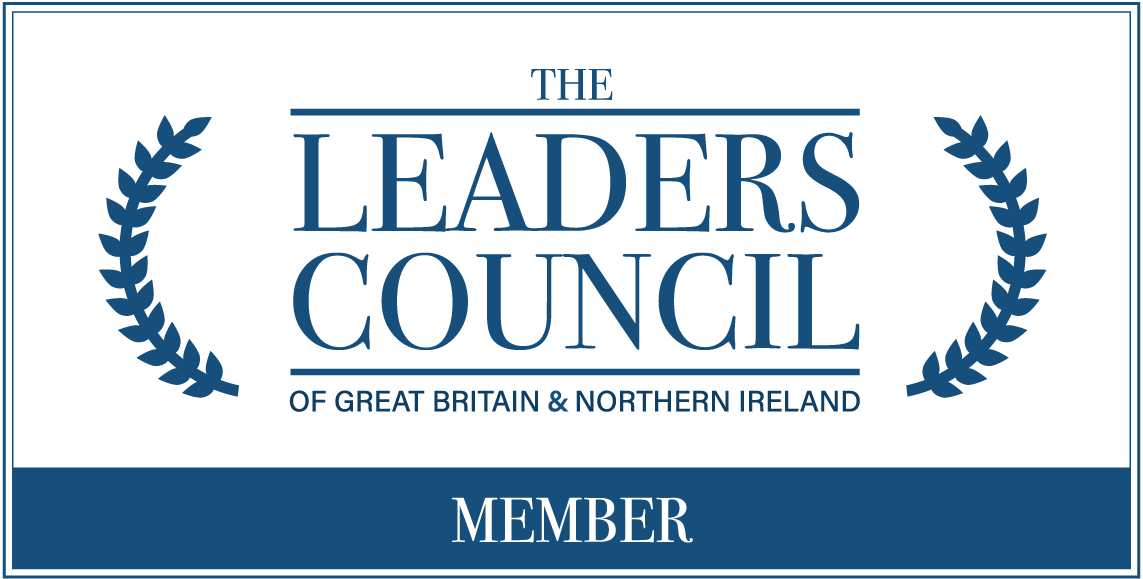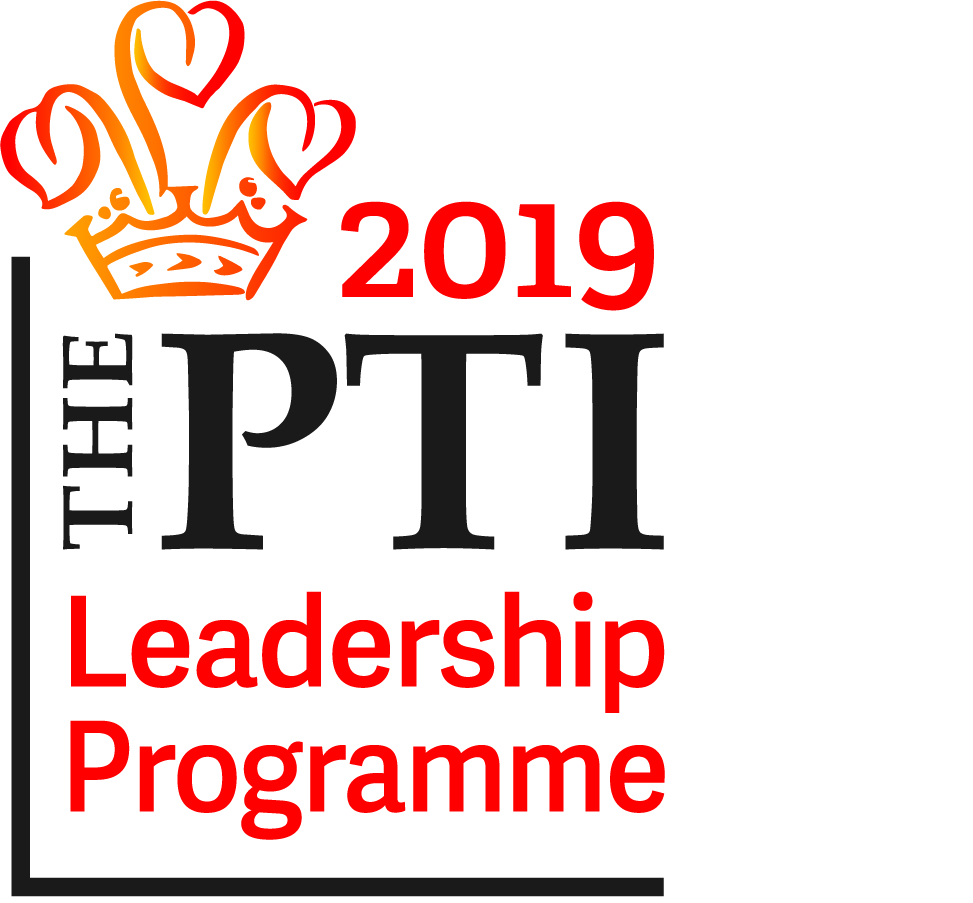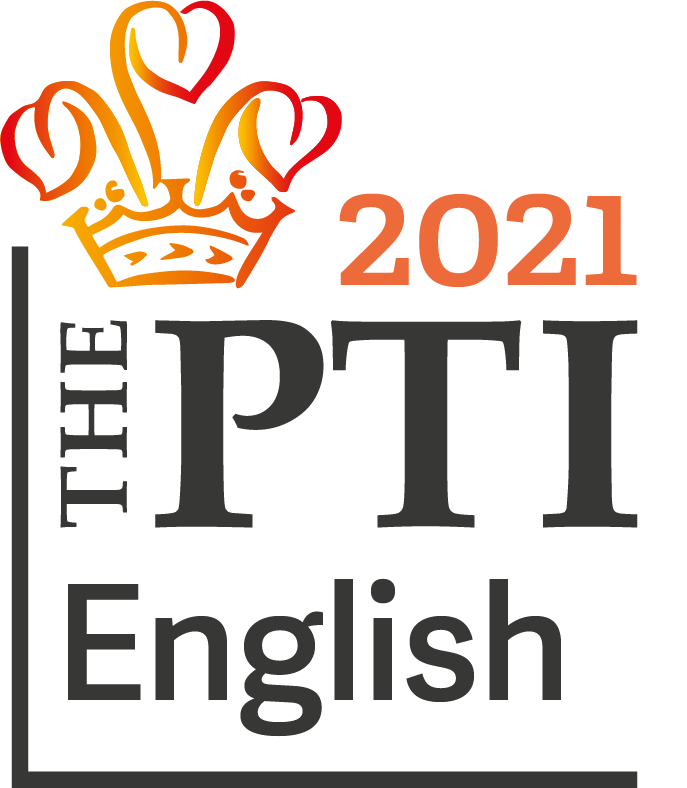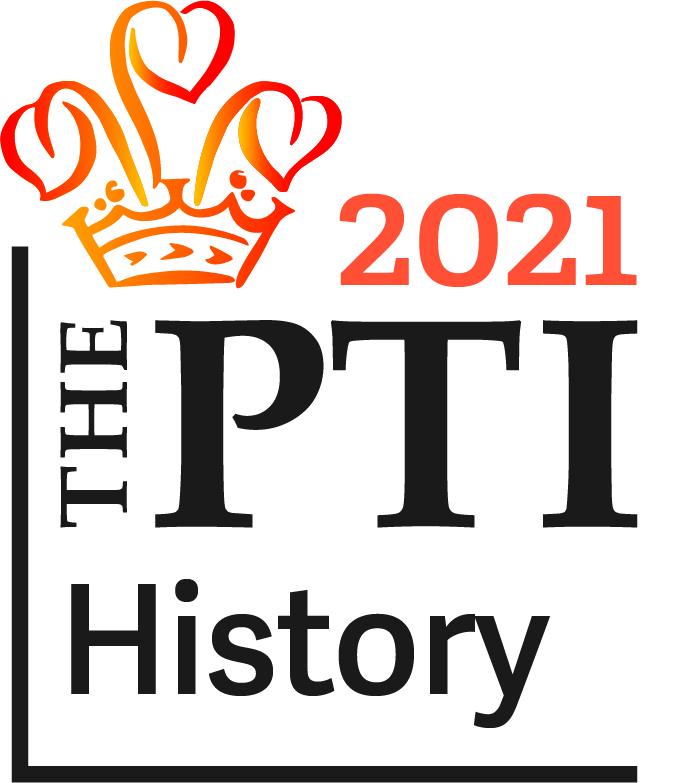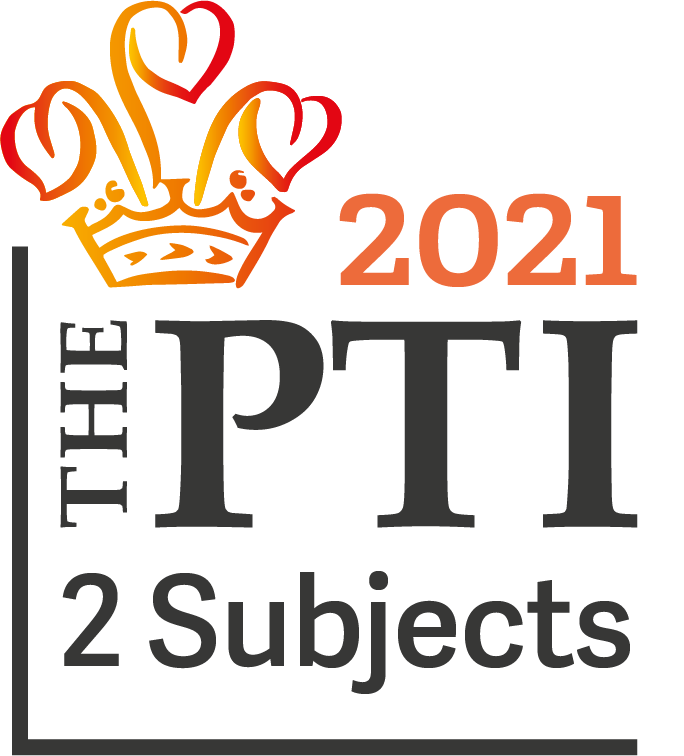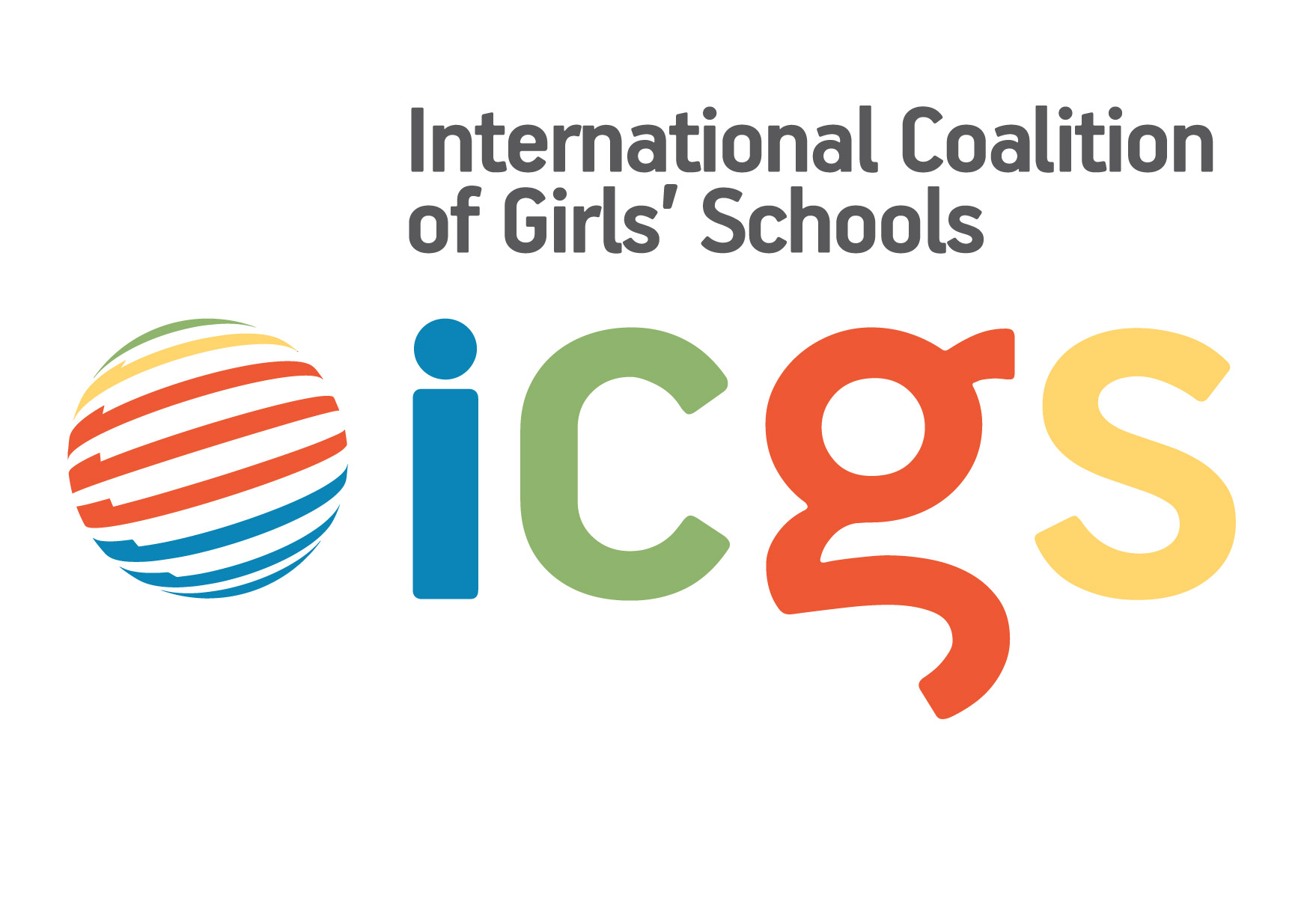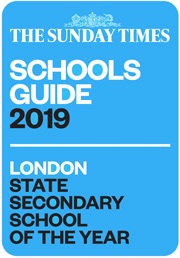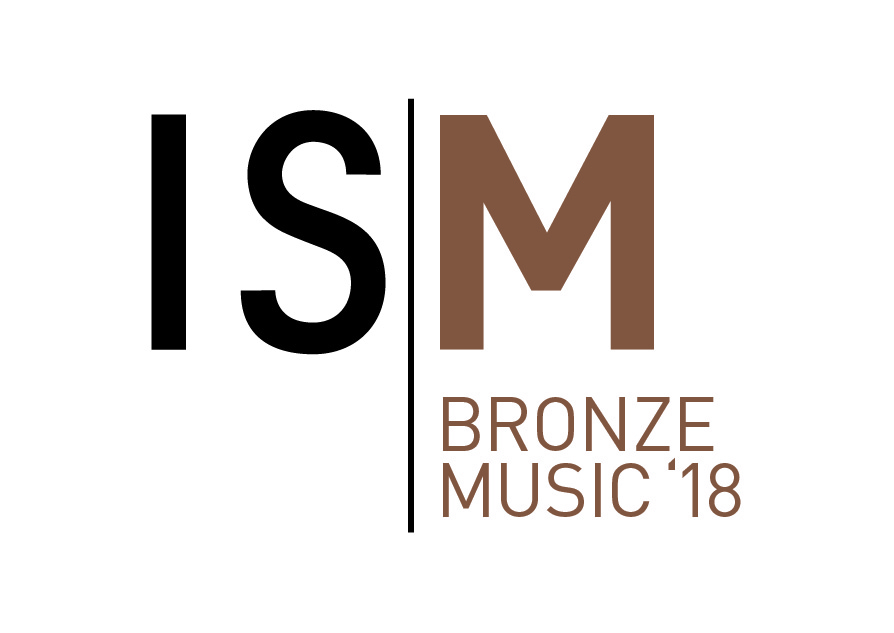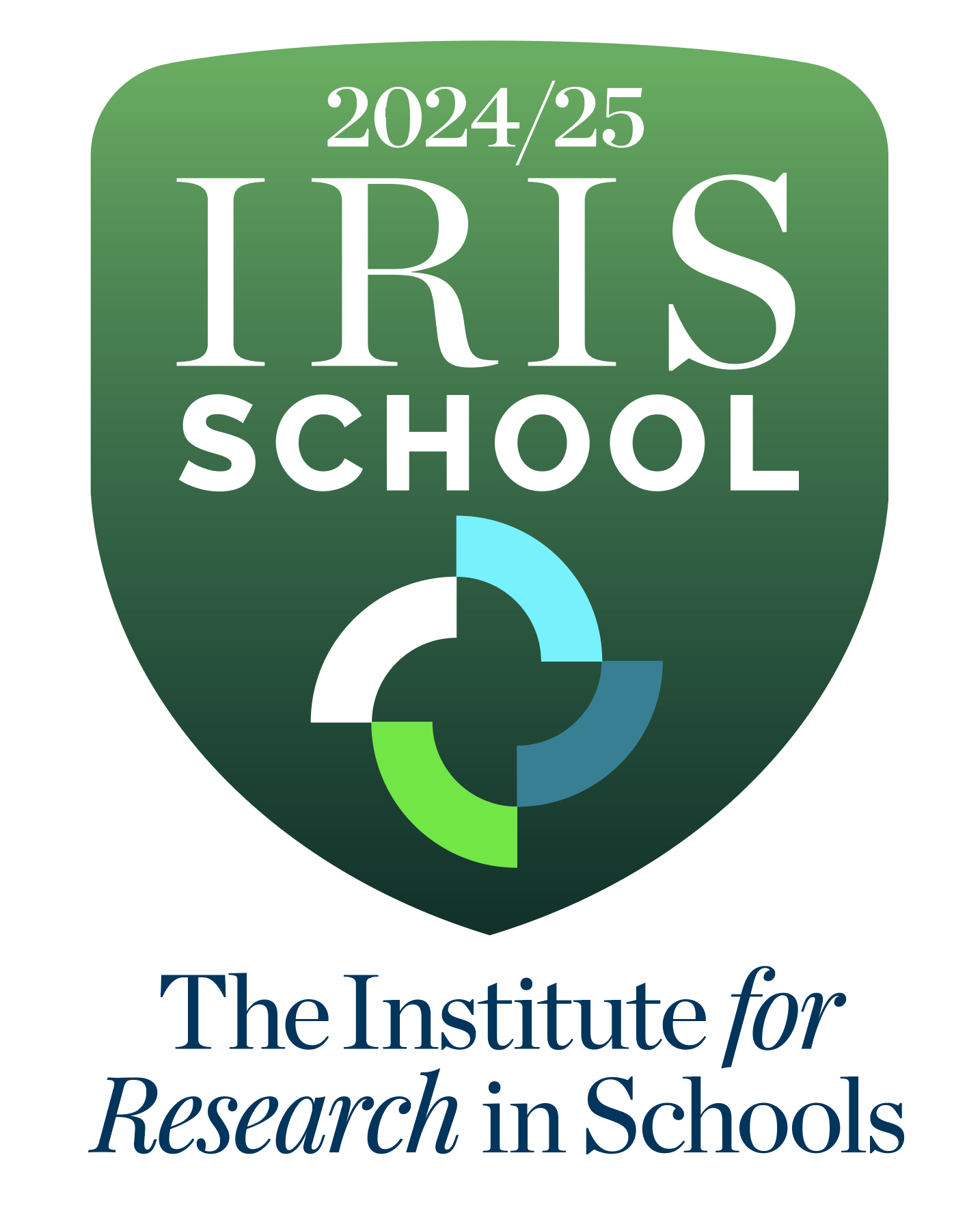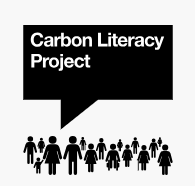As a school we have a statutory and moral duty to provide students in Years 8 - 13 with information, advice and guidance. This is extended at Woodford County High School to include Year 7.
Student entitlement: (https://www.thecdi.net/write/BP385-CDI_Framework-web.pdf)
- All students will have the opportunity to have seven encounters with employers – at least one each year from year 7 to year 13.
- A range of education and training providers to access all pupils in year 8 to year 13 for the purpose of informing them about approved technical education qualifications or apprenticeships. Please see the school policy on provider access.
- All students will have the opportunity to have seven encounters with employers – at least one each year from year 7 to year 13.
- An opportunity to set out an individual learning plan.
- An opportunity to learn about the world of work.
- Support and guidance to help you complete a career plan.
- Help to decide what you want to do when you leave your course.
- A programme of careers education helping you to develop skills and knowledge to make choices about the transition to work and learning.
Woodford County High School CEIAG programme and learning outcomes.
Area of learning |
Key Stage 3 |
Keys Stage 4 |
Key Stage 5 |
Self-awareness |
Describe yourself, your strengths and preferences. Students self assess during PSHE lessons and record their results. Unifrog is used for recording careers activities |
Recognise how you are changing, what you have to offer and what’s important to you. Unifrog Quiz completed. They also use Springpod Quiz |
Assess how you are changing and be able to match your skills, interests and values to requirements and opportunities in learning and work. Students practice writing personal statements/ attend workshops. |
Self-determination |
Tell positive stories about your wellbeing, progress and achievement. Students have a series of lessons on resilience where they tell and listen to positive stories about wellbeing, progress and achievement. Students are introduced to the concept of a growth mind set. |
Explain how you use positive versions of your own story to manage your wellbeing, progress and achievement. Students set targets after receiving feedback from teachers. Form periods and form time |
Reflect on the positive elements in your career story to show the responsibility you are taking for managing your own progress, achievement and wellbeing. Students co-construct a personal statement for an application they are making (e.g. through UCAS) with the aid of a trusted adult. |
Self-improvement as a learner |
Explain how you have benefited as a learner from careers, employability and enterprise activities and experiences. Students have the opportunity to take part in a range of careers visits and enterprise competitions including Haven House School enterprise Project |
Review and reflect upon how you have benefited as a learner from careers, employability and enterprise activities and experiences. Students complete work experience and work shadowing diaries. Workshops, Careers Fair and PSHCE sessions |
Be proactive in taking part in careers, employability and enterprise activities and experiences and assessing the benefits to you as a learner. Students attend and help organise careers fairs and help younger students with enterprise competitions. Haven House Project They attend meeting time and experience professional encounter |
Exploring careers and careers development |
Describe different ways of looking at people’s careers and how they develop. Students interview staff members/ family members and analyse different responses. Explore Teams and Careers Bulletin. LMI |
Explain key ideas about career and career development. Students attend careers fair and HE fair. Unifrog Professional speakers (Bank of England/ Barclays life skills/ Alumni talks) |
Reflect on changing career processes and structures and their effects on people’s experience and management of their own career development. Unifrog Students attend careers fair and UCAS convention. |
Investigating work and working life |
Identify different kinds of work and why people’s satisfaction with their working lives can change. Students explore why people change jobs and what attracts people to different jobs. LMI on Teams |
Explain how work is changing and how this may impact on people’s satisfaction with their working lives. Students have talks from technology firms about changes in WOW. LMI on Teams |
Recognise the personal, social and economic value of different kinds of work and be critically aware of key debates about improving people’s satisfaction with their working lives in the future. Students hear from a range of professionals and alumni about their roles and key issues in their field of work. |
Understanding business and industry |
Describe the organisation and structure of different types of businesses. Students complete an enterprise competition exploring different types of organisation. Haven House School Project
|
Explain different types of businesses, how they operate and how they measure success. Students compare PLCs and sole traders and challenges faced by each type of legal structure. Also participate in Enterprise Competition Also do Work Experience |
Explain how what businesses do, the way they operate and the way they measure success is changing. Students complete a range of work experience placements and evaluate the success of the business. Participate in placements, Haven House Project, attend Insight Days (Lazard/LLyods) |
Investigating jobs and labour market information (LMI) |
Be aware of what labour market information (LMI) is and how it can be useful to you. Students use Unifrog to research LMI. Also access on Teams |
Be able to find relevant labour market information (LMI) and know how to use it in your career planning. Use Unifrog and Teams Students research labour market information and trends and make a create a presentation |
Be able to draw conclusions from researching and evaluating relevant labour market information (LMI) to support your future plans. Students attend a range of talks and meet with our alumni network to discuss labour market trends. Also use Unifrog and Teams. |
Valuing equality, diversity and inclusion |
Identify how to stand up to stereotyping and discrimination that is damaging to you and those around you. Students complete a series of lessons on bullying and stereotyping. |
Recognise and challenge stereotyping, discrimination and other barriers to equality, diversity and inclusion and know your rights and responsibilities in relation to these issues. Students have talks from companies/ charities/assemblies raising awareness of equality and diversity. PSHCE sessions |
Reflect critically on the ethical, legal and business case for equality, diversity and inclusion in the workplace and the implications for your behaviour and others. Talks from professionals/ awareness through enrichment sessions/ assemblies. Equality charter for school devised by students representatives |
Learning about safe working practices and environments |
Be aware of the laws and bye-laws relating to young people’s permitted hours and types of employment; and know how to minimise health and safety risks to you and those around you. PSHCE sessions |
Be aware of your responsibilities and rights as a student, trainee or employee for following safe working practices. Students research rights prior to completing work experience. Also explained in work experience brief and provided with booklet (World of Work section of website) |
Recognise different levels of risks and understand your responsibilities and rights as a student, trainee or employee for observing safe working practices. Students are briefed before voluntary service. A small handbook on work shadowing provided. |
Making the most of careers information, advice and guidance |
Identify and make the most of your personal networks of support, including how to access a wide range of careers information, advice and guidance and distinguish between objectivity and bias. Students are introduced to Unifrog, Teams, Careers Bulletin, emails , displays and have access to our careers adviser from prospects. |
Build and make the most of your personal networks of support including how to identify and use a wide range of careers information, advice and guidance and distinguish between objectivity and bias. Students attend work shadowing day, careers fair, visits and organise own work experience placements. Also access to Unifrog, Teams and one to one careers advise. |
Develop and make the most of your personal networks of support and show that you are a proactive and discerning user of careers information, advice and guidance. Students have one-to-one tutorials and meet with numerous employers at our careers fair. They also have access to an independent careers adviser. Alumni network, workshops, conferences, Unifrog and Teams. |
Preparing for employability |
Recognise the qualities and skills that help to make a young person employable and provide evidence for those you have demonstrated both in and out of school. Students learn about and practice developing employability skills. |
Show how you are continuing to develop the qualities and skills you will need to improve your employability. students practice completing application forms and CVs Interview skills workshops/ Barclays lifeskills workshop |
Explain how you are developing your employability to meet your own expectations and the expectations of employers and co-workers. Students meet once per fortnight to discuss development with their form tutor. Interview skills workshop and mock interviews.
|
Showing initiative and enterprise |
Recognise when you are using the qualities and skills that entrepreneurs need. Students enter an internal enterprise competition and present to the school business manager. Haven House project with professional mentors and presenting to other schools and professionals |
Show that you can be enterprising in the way you learn, work and manage your career. Students use their enterprise skills to create events to raise money for their house charity. Haven House project with professional mentors and presenting to other schools and professionals. Also lead meetings |
Develop and apply enterprise qualities and skills in your approach to learning, work and career planning. Students raise money for crisis at Christmas by creating an enterprise activity. Haven House project with professional mentors and presenting to other schools and professionals. Also lead meetings/ create agenda and write minutes |
Developing personal financial capability |
Show that you can manage a personal budget and contribute to household and school budget. Students complete budget tasks and complete the money sense series of lessons. PSHCE finance lessons |
Show that you can manage your own money, understand personal financial documents and know how to access financial support for further study and training. Students complete the Barclays life skills series of lessons. |
Show how you have developed your personal financial capability to improve the future decisions you need to take about everyday living, further study, training and work. Students attend a series of workshops on student finance. Also, Financial enrichment once a week for whole term |
Identifying choices and opportunities |
Know how to look systematically at the choices and opportunities open to you when you reach a decision point. Pupils produce subject posters giving the facts about qualifications, skills and jobs they can gain by studying particular subjects. Sixth form students visit different subjects to talk about career paths in different subjects. (National Careers Week) |
Be able to research your education, training, apprenticeship, employment and volunteering options including information about the best progression pathways through to specific goals. Pupils draw up a list of questions to ask ‘stallholders’ that they want to meet at a forthcoming careers fair/skills show. PSHCE lessons on Apprenticeships, HE and other options. Teams and Careers Fair. Sections on website |
Be able to research and evaluate progression pathways and return on investment for the higher and further education, training, apprenticeship, employment and volunteering options that are open to you. Students research and evaluate newly emerging alternatives to the standard three-year degree course at a UCAS institution. Using comprehensive websites and attending careers/skills fairs students gather information from employers, FE, HE and the voluntary sector. External speakers during meeting time. |
Planning and deciding |
Know how to negotiate and make plans and decisions carefully to help you get the qualifications, skills and experience you need. Pupils engage in target-setting and review activities with their tutors and subject teachers. |
Know how to make plans and decisions carefully including how to solve problems and deal appropriately with influences on you. PSHCE sessions, problem-solving lesson, Q&A session with speakers. Target setting and review with teachers and form tutors |
Know how to make career enhancing plans and decisions. Students interview people who have progressed in their careers. Various talks/conferences |
Handling applications and selection |
Know how to prepare and present yourself well when going through a selection process. Pupils apply for leadership roles in the school. |
Know your rights and responsibilities in a selection process and strategies to use to improve your chances of being chosen. Students take part in mock interviews. Presentations for selection process in Haven House project. |
Know how to prepare for, perform well and learn from participating in selection processes. Students practise how to perform well when completing a group problem-solving exercise as part of a selection process. Mock interview process. Interview skills workshop. |
Managing changes and transitions |
Show that you can be positive, flexible and well-prepared at transition points in your life. Students meet with teachers to discuss GCSE options during year 9 review day. Pupils write a guide/blog for year 6 children on how to make a success of the move from primary to secondary school. |
Review and reflect on previous transitions to help you improve your preparation for future moves in education, training and employment. Students discuss transitions with teachers during year 11 review day. Also attend open days and subject talks to discuss the transition within the subjects or to new subjects |
Know how to develop and use strategies which will help you to deal with the challenges of managing your career transitions. Students map out their career goals and discuss challenges that they may face and how they may overcome them. One to one tutorials, UCAS exhibition visit, talk to alumni etc. |










